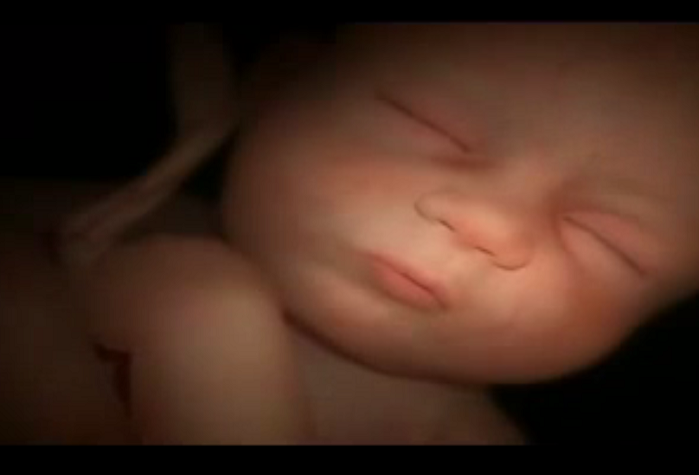A group in northern Idaho is taking the calling to protect unborn babies from abortion to another level.
Abolish Abortion Idaho is a grassroots group pursuing an adequate number of signatures for a ballot measure to outlaw abortion altogether in Idaho, the Herald-Tribune reports.
Specifically, the grassroots group seeks to penalize abortion with first-degree murder charges. The measure also would not allow exceptions for rape, incest or endangerment of the mother’s health. According to the Herald-Tribune, the measure would go against federal court rulings that say there is a “Constitutional right” to abortion.
“If a woman faces the very real consequences of a first-degree murder penalty, we are confident it will act as a deterrent to abortion,” Scott Herndon, an activist for Abolish Abortion Idaho, told the Herald-Tribune.
State ballot initiative laws require the group to receive 56,000 signatures for the issue to appear on the ballot in 2018.
According to Abolish Abortion Idaho’s website, Idaho Code 18-4001 already defines murder as “the unlawful killing of a human being including, but not limited to, a human embryo or fetus, with malice aforethought or the intentional application of torture to a human being, which results in the death of a human being.”
This law was applied in Priest River, Idaho in 2012 when Jeremy Swanson reportedly used an ice pick and kitchen knife to murder his wife and unborn baby. Swanson was charged with two counts of murder – for both his wife and their unborn baby, the Coeur d’Alene Press reports. Swanson pled guilty and receive life sentences without parole, the AP reports.
Keep up with the latest pro-life news and information on Twitter. Follow @LifeNewsHQ
The legal precedent already exists in Idaho extending murder to an unborn baby, but it is an interesting contradiction as to what defines murder. Swanson committed murder, according to the courts; but if his wife had had an abortion, murder charges would not have applied. Laws that recognize babies in the womb as victims of violence usually include specific exceptions that allow for abortion.
Despite noble intentions, even if passed in 2018, this state ballot measure likely would not stand a challenge at the Supreme Court, as Roe vs. Wade currently prevails. The Supremacy Clause in Article IV of the Constitution applies when state and federal laws clash. In the case of conflicting legislation, federal legislation would supersede state law.
In 2012, the Oklahoma Supreme Court struck down a similar bill as unconstitutional. Then in January 2016, the U.S. Supreme Court refused to hear a case involving an Arkansas law that would have banned abortion when a baby’s heart starts beating, allowing a lower court’s block on the law to stand.
In a 60 Minutes interview, President-elect Donald Trump was questioned as to whether he may appoint pro-life justices to the Supreme Court, opening the possibility of Roe v. Wade being overturned, CNN reported.
Trump’s response was: “The judges will be pro-life.” He elaborated that if Roe vs. Wade were to be overturned, abortion would become an issue for individual states to decide.
Even if pro-life justices are appointed to the Supreme Court, it will take time to reverse Roe vs. Wade. And even if the federal case is someday overturned, the crusade for life will not be over. Rather, the fight would transpire in each of 50 states throughout the Union rather than Washington, D.C.
When someday the issue of abortion is turned over to the individual states, pro-lifers must continue to be educated and active enough on the issue to encourage state legislators to vote appropriately to defend life.








